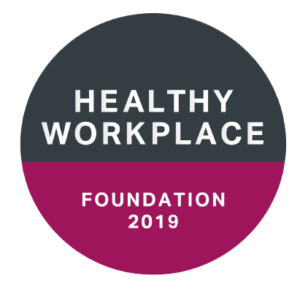Following on from the first blog in our funding advice series covering governance and people, in this blog, London Sport Consultancy funding expert Aaron Dunkley shares further advice on becoming grant ready, discussing finance and income generation.
Finance & Income Generation
It is important to be able to demonstrate you can properly manage finances at the level of grant funding desired.
Cases of financial mismanagement, not having clear financial procedures/systems in place and a lack of track record in managing grants or contracts are all warning signs to a grant-maker about how their money will be spent.
Things to consider:
Is your income level appropriate for the amount being requested?
It is rare for grant-makers to give a grant that equates to more than one-third of your organisation’s total annual income. Even fewer will give a grant worth more than half of that. This can be perceived as overreliance on one source of income, which is unsustainable.
Is your filing history for annual finances suitable?
For registered organisations, occurrences of filing annual accounts late to the relevant authority present a negative picture of financial management, especially when very late or repeated over multiple years. Some grant-makers may ask for an explanation upfront, others might judge it without explanation.
Do you require enough signatories for payments?
The greater the payment amount, the more levels of approval expected by grant-makers. This could range from individual approval at senior leadership to full Board approval, acting as a safeguard against fraud, conflicts of interest or wasteful spending.
Are your reserves at an appropriate level?
Whilst grant-makers might have more flexibility around reserves post-COVID, traditionally the expected level of unrestricted reserves is between 3-9 months’ running costs, unless there is a specific reason such as short-term cashflow issues or building reserves that are ringfenced for a specific project.
This means the organisation is not in immediate financial risk but also does not have the resources to themselves fund work for which external grant funding is sought.
Do you have experience of grant management?
Depending on your organisation’s background, you might be better placed starting with grants at a lower level than desired if you have never secured and managed grant funding or high-value contracts. Some grant-makers ask for examples in their application form.
In the next blog in the grant-readiness series, Aaron will discuss partnerships and publicity, looking at the value of collaboration with other organisations and use of appropriate communication channels to help engage different demographics experiencing unique needs, barriers and habits.
If you would like to find out more about London Sport Consultancy funding support, including support around topics covered in this series, please get in touch with our funding expert at [email protected].





